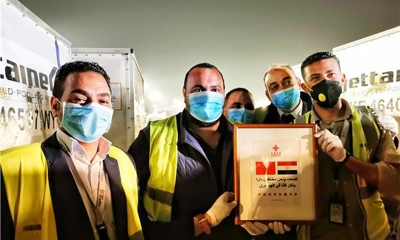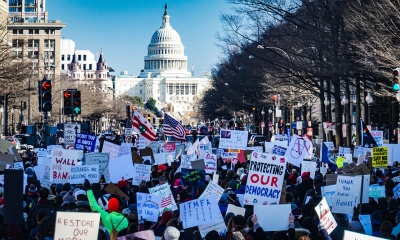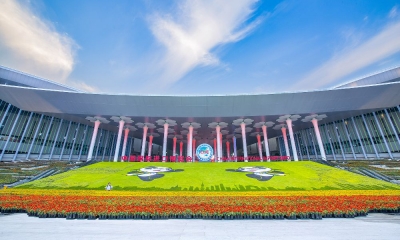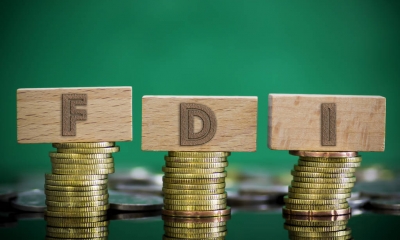Widespread Backlash of Trump’s Halt for WHO Funding
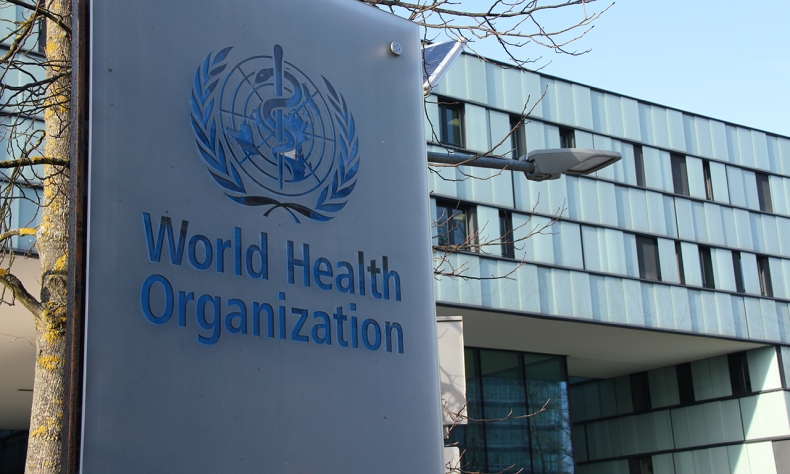
Human beings are facing a tough challenge; we should realize that cooperation, common interest, building confidence, and preserving social values are the only way to help us beat the virus.
U.S. President Donald Trump has recently announced that his administration is halting its funding to the World Health Organization (WHO), adding that a review is being conducted to assess the WHO’s role in addressing the COVID-19 pandemic.
Since Trump became the President of the United States, he has been trying to impose his will on other countries and international organizations. The unilateralism pursued by him has dimmed the chances of finding solutions to a global crisis, such as the COVID-19 pandemic.
As a matter of fact, this is not the first time that Trump abandons multi-party agreements or treaties and removes the U.S. from international organizations, such as the Paris Agreement, the United Nations Educational, Scientific and Cultural Organization, the United Nations Human Rights Council, the Global Compact for Migration, the Intermediate-Range Nuclear Forces Treaty, the North American Free Trade Agreement, and the Iran nuclear deal.
At such a crucial time when the world is going through a health crisis and the functions of the WHO are in need more than ever, why does Trump blame the world’s leading health organization and decide to suspend funding for it?
He is trying to find a scapegoat to shift the criticism to the WHO in response to the pandemic.
Trump has been accusing the WHO of failing to provide “accurate information” in a “timely manner.”
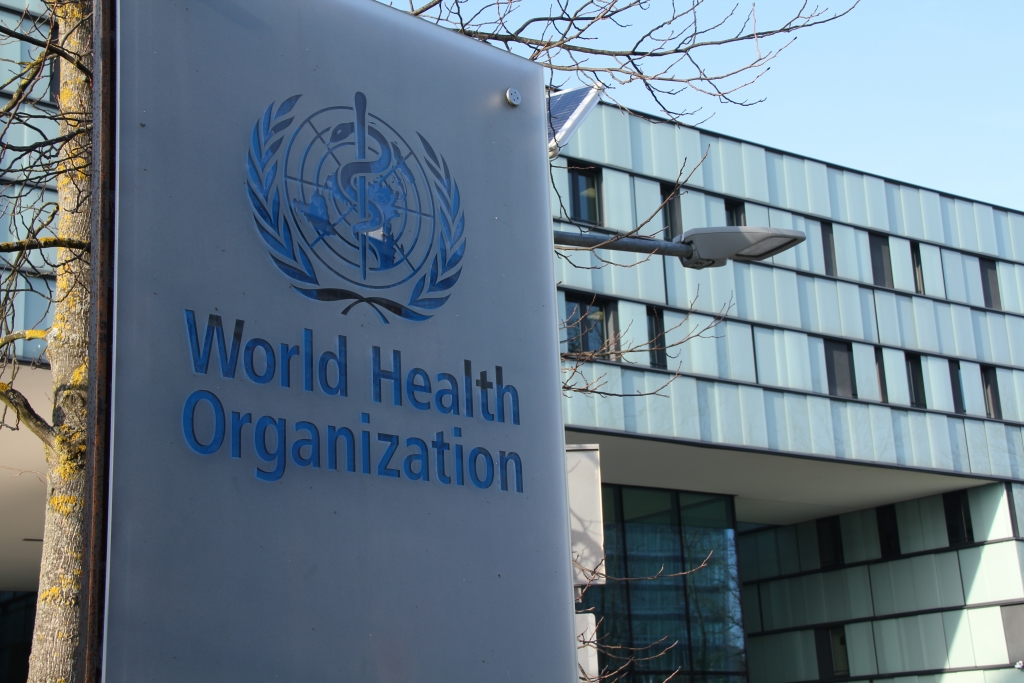
Actually, the WHO has warned the world since the beginning of the outbreak in early January, and at that time, all available information about COVID-19 was shared with the world.
The WHO cannot immediately declare every outbreak occurring anywhere in the world a global pandemic without any conclusive evidence to do so.
In 2009, the WHO came under criticism after it announced that the H1N1 flu virus had turned into a pandemic. It based its decision on criteria that were no longer used, even though the virus had spread throughout the world. However, it was not as dangerous as expected. Therefore, the organization was accused of being too hasty to declare it a pandemic, sparking a global panic without justification.
The U.S. declared a state of emergency on March 11, six weeks after the WHO declared the COVID-19 outbreak a global health emergency at the end of January.
It was Trump, himself, who underestimated the pandemic and ignored all warnings from the WHO and related reports from his administration. He did not take necessary measures in a timely manner to prevent the pandemic from spreading in the U.S.
As of April 20, over 700,000 people had been diagnosed with COVID-19 in the U.S., with more than 40,000 deaths.
The only way to survive this pandemic and face the common enemy of COVID-19 is to unite and stand together, instead of exchanging accusations or making others the scapegoat.
We have seen how countries such as China, Russia, and others stood in solidarity with Italy and other countries and sent medical aid and medics.
It’s not wise to ignore professional advice from respiratory experts or health organizations.
Trump’s decision to halt funding to the WHO at this crucial moment will not only weaken the capability of the organization but hinder the global fight against the pandemic, which will consequently affect social and economic development in the United States and beyond.
Human beings are facing a tough challenge; we should realize that cooperation, common interest, building confidence, and preserving social values are the only way to help us beat the virus.
 Facebook
Facebook
 Twitter
Twitter
 Linkedin
Linkedin
 Google +
Google +




